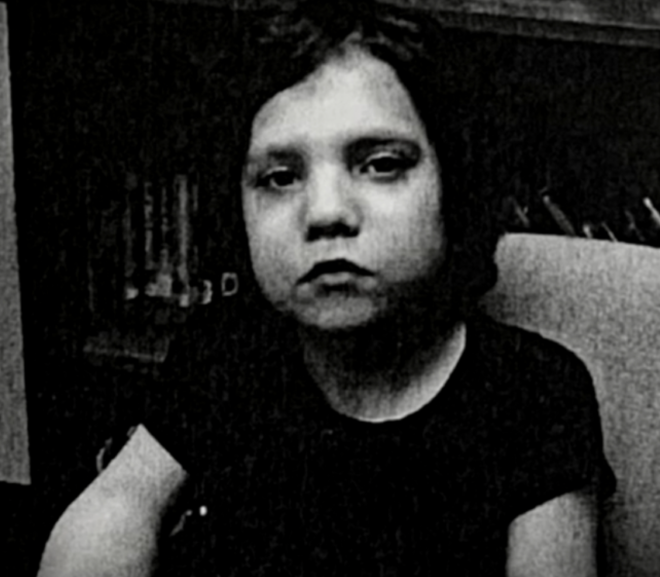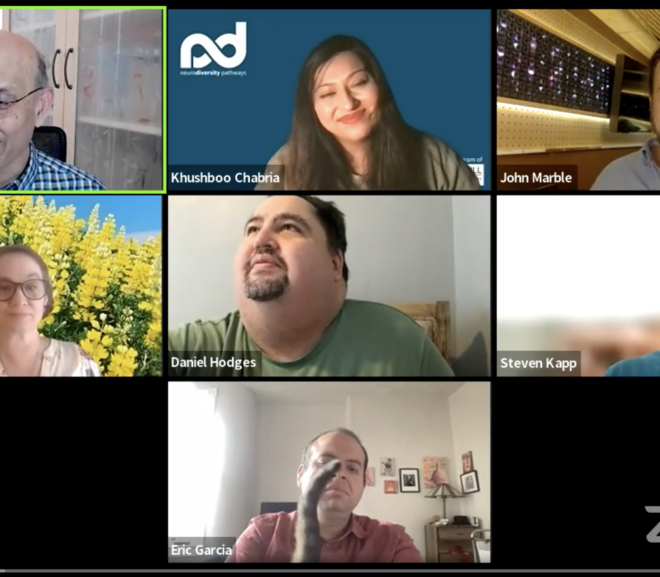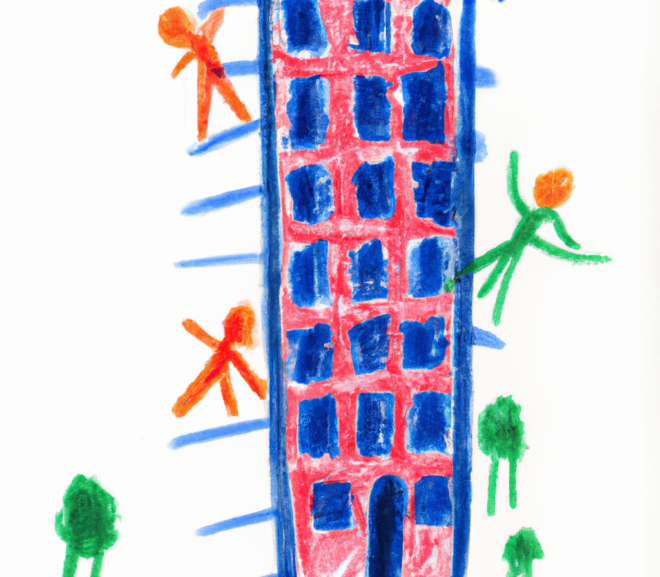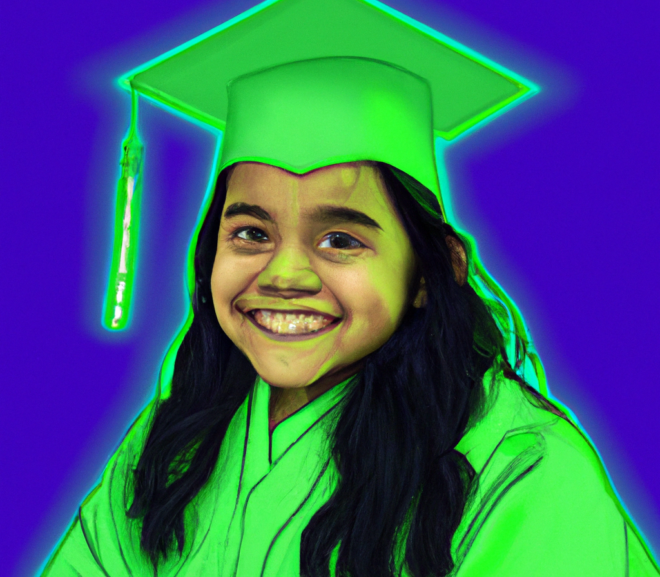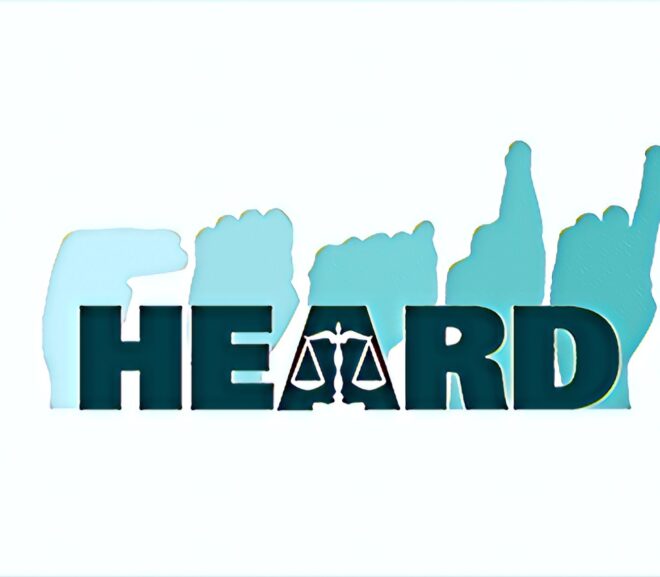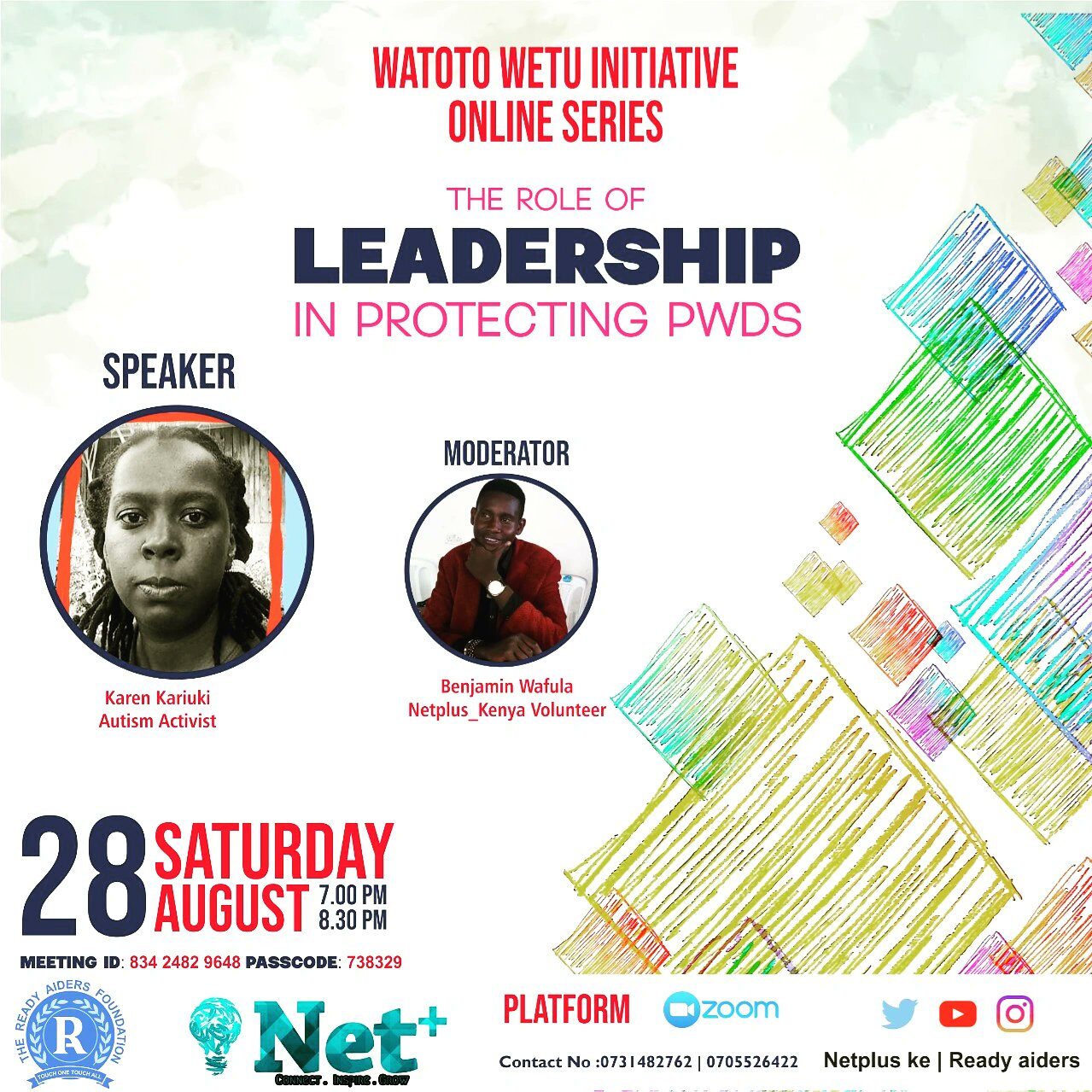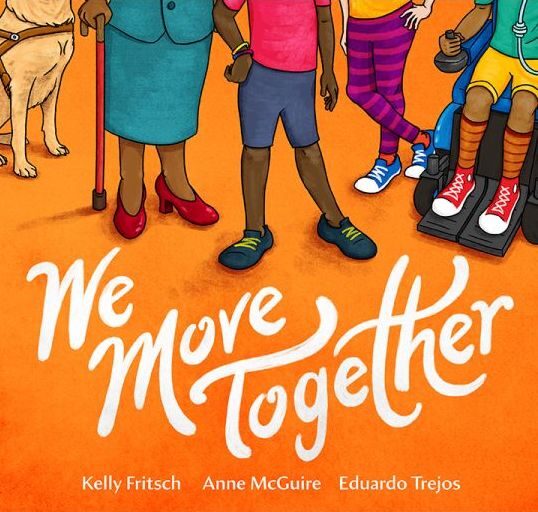Investigative Documentary’s docu-series Natalia Speaks addresses important issues about parents’ legal over-reach and the rights of the disabled. It also raises the question of what we deserve from the stories about us.
Tag: Disability
The book Neurodiversity for Dummies is happening because there really is a dearth of accessible information and resources. This listening session is a conversation about what neurodiversity is, and what neurodivergent people need to thrive.
I’m not a fan of “levels of autism.” If an autistic individual makes a personal choice to refer to themselves as one of these levels, I can respect their decision. When it’s imposed meaninglessly by others, it’s too often disastrous.
I still see a lot of “gifted” labeling in the school system, along with a conversation that is frustratingly narrow, because gifted labels cause harm—both to the ability of “gifted” disabled children to get support, as well as to those without the gifted labels.
The world made me feel like an autistic failure for so long, but all it took was some kindness and understanding for me to realize that I am quite extraordinary.
HEARD is a Black-led and disabled-led, cross-disability abolitionist organization. With practically no funding, HEARD has been doing vital work that no one else does.
The term “profound autism” is not very useful to parents like me, or autistic people like my son. Instead, parents need connection with the communities who understand our kids’ high-support traits, like the disability and non-speaking communities—in addition to the wider autistic community.
We need to highlight the plight of autistic people in Kenya, especially in rural areas where many autistic people are kept hidden and abused. It helps for information about autism in Kenya to appear in blogs and videos.
Cover of the book We Move Together [image: Book cover with an orange background. An illustration of the lower halves of five folks is at the top: A yellow guide dog, a person with brown skin using a cane, a person with brown skin standing with their hand on their hip, a person with white skin and crossed ankles standing with their hand on their hip, and a person with brown skin using a wheelchair.] Review by Kate Ryan We Move Together is a new picture book by a diverse team of authors (Kelly Fritsch, Anne McGuire, and Eduardo Trejos) who have come together to write a love letter to the disability community. It is, in a word, fantastic. It is empowering, it is interesting, it is understandable, it is relevant—I could go on all day about how much I love this book. Unfortunately, as I discovered to my dismay, it…
Photo © Shannon Des Roches Rosa [image: Orange and purple flowers among green leaves.] Cal Montgomery montgomerycal.wordpress.com twitter.com/Cal__Montgomery For Mel Baggs and Phil Smith, who knew, and know, communion with the wild places better than I can imagine. Do you remember how you learned to communicate? If you communicate pretty typically, odds are it wasn’t perfect, but it included something like: you reached out socially, and people reached back. You looked at them; they gazed adoringly back at you. You smiled; they smiled back and waved. “Hi, Baby! Hi! Oh, what a beautiful face!” You laughed; they reveled in your chortles and giggles and were silly in the hope that you would laugh again. You cried; they held you and comforted you and tried to figure out what was making you miserable. You called out at night; they pulled themselves out of exhausted slumber, scooped you up, and blearily cuddled…
